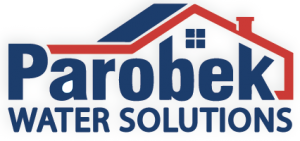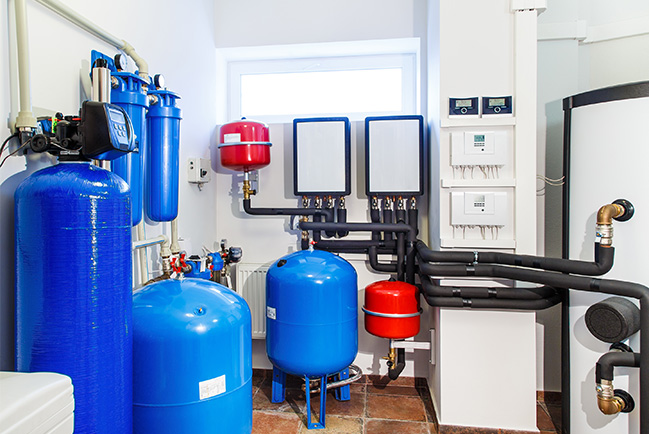If you are not happy with the quality of your home’s water, there are options other than paying the high price for bottled water. Many homeowners are opting to install a water treatment system to ensure that the water their loved ones are drinking and bathing in is pure and healthy. But it can quickly become overwhelming when you begin your research for the perfect water treatment solution for your household. Understanding a few key features and functions of these helpful systems will take some of the mystery out of finding the one that is best your you and your family.
How It Works
First, it is essential to know that most water filtration systems use several layers of filtration and various materials to remove contaminants from the water. But not all filters provide the same level of filtration, and not all filters remove all contaminants. The best way to know what a specific filter is designed to remove is to look at the NSF rating. NSF International is an independent organization that sets public health standards for items like water treatment systems. The label for water filtration units is standardized and will allow you to compare various filters more systematically.
What Is Pore Size?
The pores are the tiny or even microscopic holes that let the water through the filter. The smaller the pores, the more particles it can filter out. A filter with an absolute pore size of one micron means that all of the pores are one micro or small and will remove anything larger than a single micron in size. A one micron mean pore size allows for a variable size that averages one micron. In this case, there could be pores larger than a micron that will allow larger particles to pass through the filter.
How Much Water Do You Want To Filter?
There are many options when it comes to selecting the size of your water treatment system. You can opt for a filter that fits in your kitchen faucet or one that is plumbed in under the kitchen sink. These choices would provide filtered water only from the kitchen faucet. You could also select a larger, whole-home system that would filter all of the water as it enters your home. These units are vital if you need to remove contaminants from water used to bathe, wash laundry, and for use in the bathrooms.
Filtrations Processes To Recognize
Many processes can be used for water filtration. Some of the most common include:
- Activated Carbon Filter- Absorbs organic contaminants that cause taste and odor problems and can remove chlorination byproducts, some pesticides, and cleaning solvents
- Ion Exchange Unit- Removes calcium, magnesium, radium, barium, and fluoride
- Reverse Osmosis Unit- Removes nitrates, sodium, dissolved inorganics, and organic compounds- these can also remove some bad taste and odor and reduce the level of some pesticides, dioxins, chloroform, and petrochemicals
The Cost
In addition to the cost of the filtration system and the installation, be sure to consider the maintenance and operating cost of the various units. The cost of filters is one of the most important as the system only functions correctly when the filters are replaced as recommended.
To learn more about water treatment solutions for your home, call (512) 233-6308. The experts at Parobek Water will be happy to help you evaluate your needs. And determine what type of system and level of filtration will best meet your needs and budget. And each unit installed is backed by a complete warranty and customer satisfaction guarantee.

